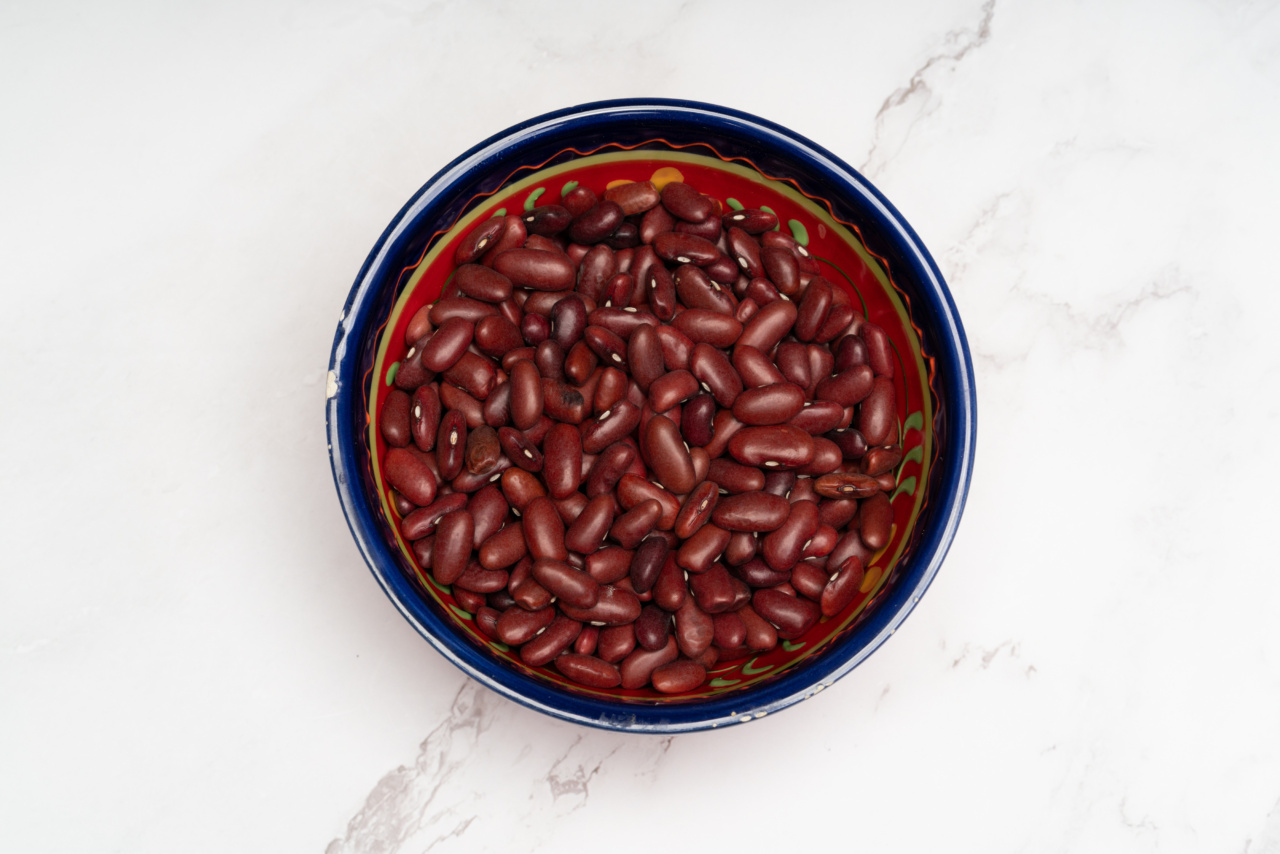Protein is an essential nutrient for our bodies. It is often hailed as the building block for muscles and touted as a vital component of a healthy diet.
Many individuals, especially those following fitness and weight loss goals, heavily rely on sources of protein in their meals. However, while protein plays a crucial role in our overall health and wellbeing, too much of it can put a strain on our kidneys and potentially lead to kidney damage.
The Role of Kidneys in Protein Metabolism
The kidneys are responsible for filtering waste products, toxins, and excess fluids from our blood. They also play a crucial role in maintaining the balance of various nutrients in our body, including protein.
When we consume protein-rich foods, our digestive system breaks down the protein into amino acids, which are then absorbed into the bloodstream.
These amino acids serve as the building blocks for various bodily functions, such as the growth and repair of tissues, immune system support, and the production of enzymes and hormones.
However, when excessive amounts of protein are consumed, the kidneys have to work harder to filter out the excess nitrogen, a byproduct of protein metabolism.
The Dangers of Excessive Protein Intake
While the body needs protein to function optimally, consuming more protein than the body requires can place unnecessary stress on the kidneys. Over time, this can lead to kidney damage and even increase the risk of developing kidney disease.
Studies have shown that a high protein diet can lead to changes in kidney structure and function, including alterations in glomerular filtration rate (GFR) and increased kidney workload.
High Protein Diets and Kidney Health
High protein diets, such as those recommended for muscle building or weight loss, often involve consuming large amounts of protein-rich foods like meat, poultry, fish, eggs, and dairy products.
While these diets can lead to short-term weight loss and increased muscle mass, they can also have detrimental effects on kidney health in the long run.
A long-term high protein intake can cause the kidneys to overwork in an attempt to filter out the excess nitrogen from protein breakdown.
This increased workload can lead to kidney damage, including the formation of kidney stones and reduced kidney function. Individuals with pre-existing kidney conditions are particularly vulnerable to the negative effects of high protein diets.
Protein and Kidney Disease
It’s important to note that protein overload is of particular concern for individuals already suffering from kidney disease.
When the kidneys are already compromised, they may struggle to properly filter out the excess protein, leading to further kidney damage. In these cases, medical professionals often recommend a reduced protein intake to alleviate the strain on the kidneys.
How Much Protein is Too Much?
Determining the ideal protein intake depends on various factors such as age, sex, activity level, and overall health. The Recommended Dietary Allowance (RDA) for protein consumption is 0.8 grams per kilogram of body weight for adults.
However, individuals following intense exercise routines or those with higher protein needs may require slightly more protein.
It’s important to note that exceeding these recommendations regularly can put strain on the kidneys and potentially lead to kidney damage over time.
Consulting with a healthcare professional or a registered dietitian can help determine the optimal protein intake for individual needs while ensuring kidney health is not compromised.
Protecting Kidney Health
Maintaining kidney health is crucial for overall wellbeing. To protect the kidneys from the potential dangers of protein overload, the following steps can be taken:.
1. Moderate Protein Intake
Avoid consuming excessive amounts of protein. It is necessary to find a balance between meeting protein requirements and overloading the kidneys.
Consulting with a healthcare professional or a registered dietitian can provide personalized recommendations based on individual needs.
2. Diversify Protein Sources
Instead of relying solely on animal-based protein sources, incorporate a variety of plant-based proteins into the diet.
Legumes, lentils, beans, tofu, tempeh, quinoa, and nuts are excellent alternatives that provide protein while reducing the strain on the kidneys.
3. Stay Hydrated
Drinking an adequate amount of water helps to flush out toxins and waste products from the body. Staying hydrated can support kidney function and prevent the build-up of substances harmful to the kidneys.
4. Monitor Kidney Health
Regular check-ups and kidney function tests can help identify any potential issues early on. This is particularly important for individuals with pre-existing kidney conditions or those at higher risk of kidney disease.
5. Avoid Over-the-Counter Supplements
Some dietary supplements, particularly those marketed for muscle building or performance enhancement, can have high levels of protein.
Be cautious when incorporating such supplements into your routine, as they may contribute to excessive protein intake without realizing it.
Conclusion
While protein is an essential nutrient for our bodies, protein overload can pose a significant threat to kidney health. Consuming excessive amounts of protein can put strain on the kidneys and potentially lead to kidney damage over time.
It is crucial to strike a balance between meeting protein requirements and protecting the kidney’s health. By moderating protein intake, diversifying protein sources, staying hydrated, monitoring kidney health, and avoiding excessive supplements, individuals can maintain optimal kidney function and overall wellbeing.






























